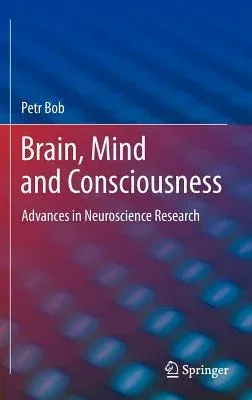Neuropsychological research on the neural basis of behavior generally
asserts that brain mechanisms ultimately suffice to explain all
psychologically described phenomena. This assumption stems from the idea
that the brain consists entirely of material particles and fields, and
that all causal mechanisms relevant to neuroscience can be formulated
solely in terms of properties of these elements. Contemporary basic
physical theory differs from classic physics on the important matter of
how consciousness of human agents enters into the structure of empirical
phenomena. The new principles contradict the older idea that local
mechanical processes alone account for the structure of all empirical
data. Contemporary physical theory brings directly into the overall
causal structure certain psychologically described choices made by human
agents about how they will act. This key development in basic physical
theory is applicable to neuroscience. This book explores this new
framework.

